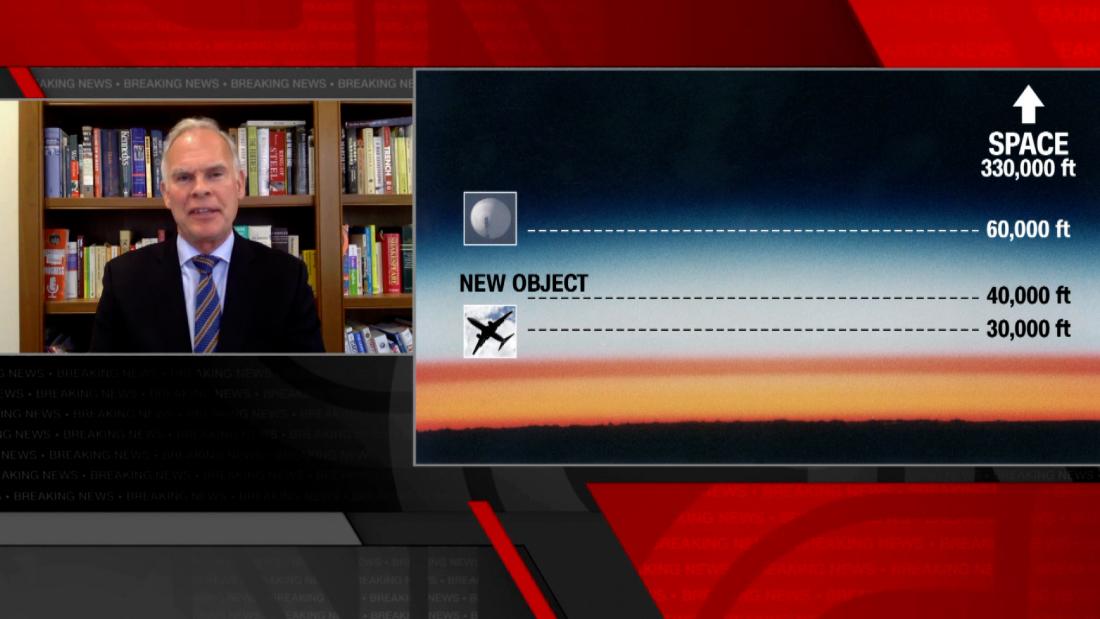Supreme Court Justices Consider New Standard for Suing Police
A plaintiff was told by the New York-based U.S. Court of Appeals for the Second Circuit that his case lacked “affirmative indications of innocence."

Supreme Court justices are considering requiring plaintiffs who sue police to show that their criminal cases ended in ways that indicate their innocence, reports Bloomberg News. The appeal stems from the case of Larry Thompson. He was arrested at home in Brooklyn in 2014, by NYPD officers investigating possible child abuse. He was jailed for two days and charged with obstructing governmental administration and resisting arrest.
The prosecution ultimately dismissed the case “in the interest of justice,” saying nothing directly about Thompson’s innocence in the process. Thompson says he should be able to sue in federal court for unreasonable seizure pursuant to legal process, a so-called malicious prosecution claim. The New York-based U.S. Court of Appeals for the Second Circuit said he couldn’t bring such a claim because he couldn’t show “affirmative indications of innocence,” like an acquittal. Thompson and his supporters want the justices to adopt the Atlanta-based Eleventh Circuit’s requirement: that the criminal case ended in a manner not inconsistent with innocence. Under that standard, claims would still be barred if a defendant gets convicted and loses on appeal, but claims in more ambiguous situations like Thompson’s could proceed.

 Landwebs
Landwebs 




















